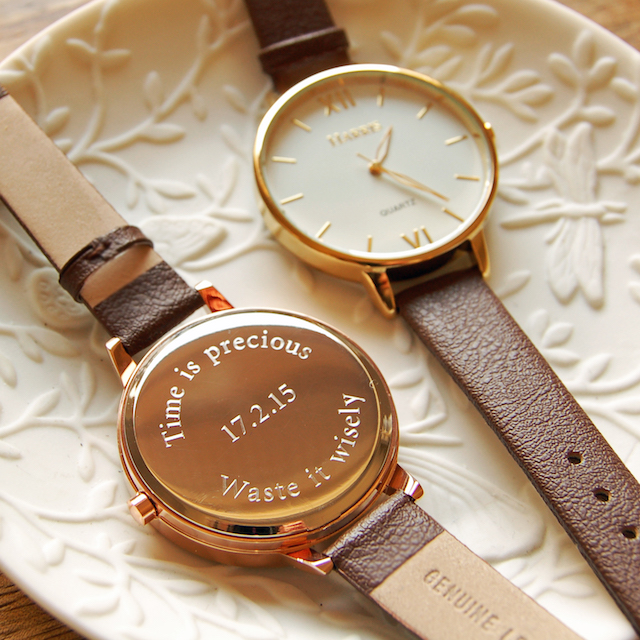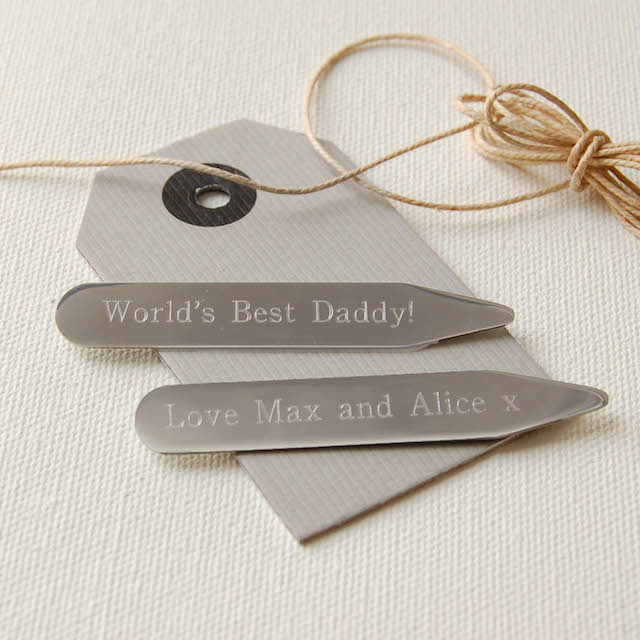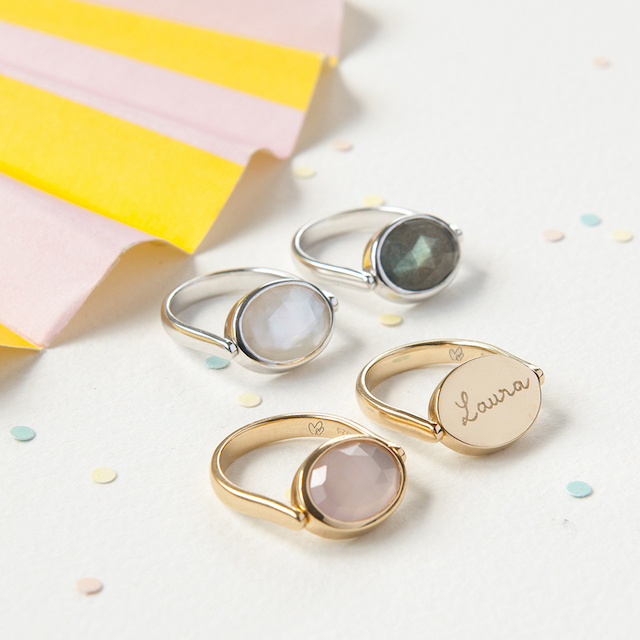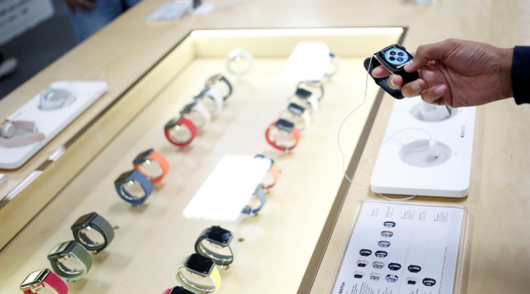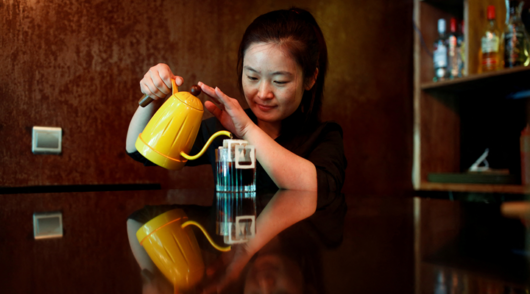Some of the best web concepts around start out as elegant solutions to familiar annoyances.
In the case of startup Gifts Less Ordinary – an online boutique just as finely crafted as the bespoke products it specialises in – that annoyance occurs every year on December 25th.
Five months into trading, the site is choreographed by Amy Read, who moved to Singapore with her family several years ago as permanent refugees from the misery of British weather.
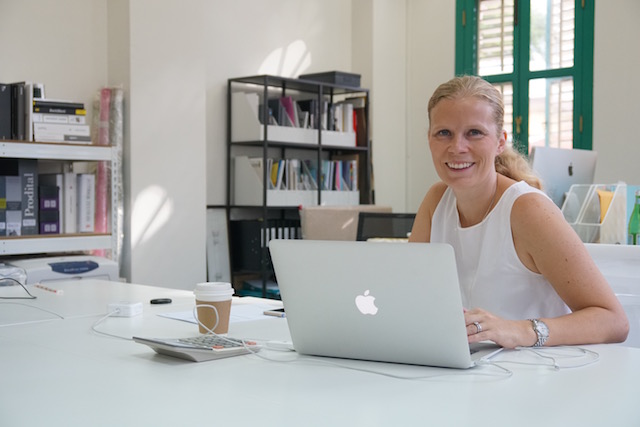
Singapore’s not wanting for choice in terms of online retail, but by the time Amy had become a mother of three, she’d long since realised that finding the full complement of truly gift-worthy presents each yuletide season required godlike Googling skills. Overburdened retail sites with their endless ranges of like-for-like merchandise and enormous delivery fees unexpectedly materialising above the purchase link were not meeting the needs of busy gift-hunters. It stands to reason that most people working their way down their Christmas list just want to sit down, browse a selection of high potentials, and know exactly what they’ll pay when they click ‘buy’.
So less than a year after recognising that a simple, bespoke gift-buying solution was a viable eCommerce niche, Gifts Less Ordinary went live. Five months later, the site is already servicing the Hong Kong market, and by the time this magazine is published, it will be accumulating loyal customers in Japan and happily on its way to hitting the US. That’s a fairly rapid progression, but with no less than 15 years in digital marketing under her belt, Amy’s had significant online business acumen as an advantage from the first step forward. She’s led the site through a very methodical development process from concept to marketplace – a strategy that has made it easier for the business to react to the realities of consumer demand.
“When we launched the site, we focused on the expectation that it was going to be a lot more of a luxurious marketplace”, says Amy of the site’s most conspicuous change in direction since its launch last October. “It still is; we still feel it’s high end, but we realised very quickly that what’s actually selling is our personalised and unique stuff. Things you can’t get in a retail store in Singapore or Hong Kong; that you can’t just go down to Takashimaya or Lane Crawford and find there.”
That key observation helped enormously in understanding the expectations of GLO’s target market – even though many of the site’s personalised items are shipped from the UK, the 7-14 day delivery lead time hasn’t seemed to prove a disincentive to purchase.
Hong Kong move ‘instinctive’
“Our customers have come to expect that with personalisation, there’s no instant gratification like you get from a shop”, says Amy, “so they quite like the process where you do the order online, think about what the message is, and make it very personal to them. So that’s what our biggest driver is”.
With the business humming in Singapore, the expansion to Hong Kong was instinctive. The free trade environment ensured there were no major issues with imports, and as a small market with a high saturation of English speakers and a superb retail infrastructure, the territory presented ideal conditions for a formula already proven to work in a similar market.
“We’ve not done any marketing there, but we’ve made quite a few sales already”, says Amy.
“People have found us through natural search, and the feedback’s been very positive.”
More than anything else, Hong Kong has demonstrated the appeal of the site’s major point of difference from most online marketplaces – the fact that Gifts Less Ordinary builds shipping into the quoted price. Going against the presumption that fully transparent prices make products appear less competitive, Amy insists that the feature is what buyers want: “What it does, is that it gives a level playing field to suppliers who are exporting or importing into Asia – because when you go to the checkout, the extra shipping devalues it slightly. You want to be up-front; the customer wants to know what they’re paying.”
The effect of the outwardly higher initial asking price is offset somewhat by the fact that many of GLO’s partners in the UK have included VAT reductions into the price to make their products more competitive. “You would never find that within Singapore”, says Amy; “I know with some of the products we’ve got, it would be double the price at least for something very similar in Asia. So building the shipping into the advertised prices has been very important for us, and it’s made our role very localised – we have a Singapore store, you have a Hong Kong store, and you pay within that local currency”. Amy has also been careful to make sure that Hong Kong buyers on GLO only see products that will ship to Hong Kong, so they won’t be put off by browsing products unavailable in their own market.
Given that pop-up stores have been critical in putting the word out in Singapore, GLO ran its first Hong Kong pop-up at the Conrad Fair on the first of June. According to Amy, the experience of running pop-up stores has been another invaluable tool in determining consumer priorities.
“When we’ve done these pop-ups in Singapore”, she explains, “what we’ve found is that people were coming from Japan or Hong Kong and saying to us, can you ship this, can you ship it to Australia, or Japan. We had deliveries for 20 people to Hong Kong, and we took the orders offline, but it made us realise that these products are so different, and the market is crying out for something unique and symbolic.”
Homegrown enterprise
Clearly, Gifts Less Ordinary is a distinctly home-grown enterprise. Amy has brought the startup to fruition by personally undertaking most of the business functions, and while she intends to put a pitch document together to attract investment as the site progresses to the next stage of expansion, thus far she’s funded and grown the business by digging daringly deep into her own pockets. Finding ideal partners for the marketplace has been key – in each case, Amy has selected and met site partners to personally guarantee the quality of what sells on GLO.
“I was frequently travelling to London”, she says, “it’s so important for us to see the products and make sure that these small businesses can fulfil in terms of the customer service experience, the product quality… we just didn’t want to be another kind of mass marketplace, we wanted to be something quite different. We feel very protective of the brands that we’ve got on board, and we feel that they’re the right brands.”
GLO now has over double the 22 partners it launched with last October, each one producing interesting, high quality, and unique products – many of them playing on localised themes.
“We can do Hong Kong, Singapore, Japanese themed gifts, and when we go to the US we will find partners who can offer those too”, says Amy. “It’s very patriotic in some ways, and we spend a lot of time on who we have as partners – we don’t have everybody and we never will – and the site will never have hundreds of thousands, where you have to scroll through like-for-like partners, what’s important is to create the best and to have the best within each category.”
While the site’s growth has been ambitious, the overall impression that buyers will most likely continue to get from the GLO shopping experience is the result of its being hand-crafted by one particularly passionate manager – in putting her personal instincts ahead of online marketing norms, Amy has built the business to be manifestly honest, making the purchasing experience feel like shopping at a home emporium. Estimated delivery times are worst-case scenarios; product origins are in plain view, and a pop-up window alerts users if their purchase crosses a threshold that might see them forking out extra taxes to customs when the goods are delivered.
This strategy is the right fit for GLO’s product range, and an obvious indicator that textbook marketing solutions don’t fit every model, even within the limited constraints of the online marketplace.
“Our biggest focus is on what we really want to be”, enthuses Amy. “We’re very niche, so we want to be completely transparent with our customers.”
This doesn’t mean she has low expectations for the site’s potential growth, however: “Ultimately, we’d like to be the next luxury Amazon”, she says, only half-jokingly – “but we know where our niche is, and we focus on that”.
- This article first appeared in the quarterly print magazine Inside Retail Hong Kong. For digital or print subscription information, visit Inside Retail Hong Kong


